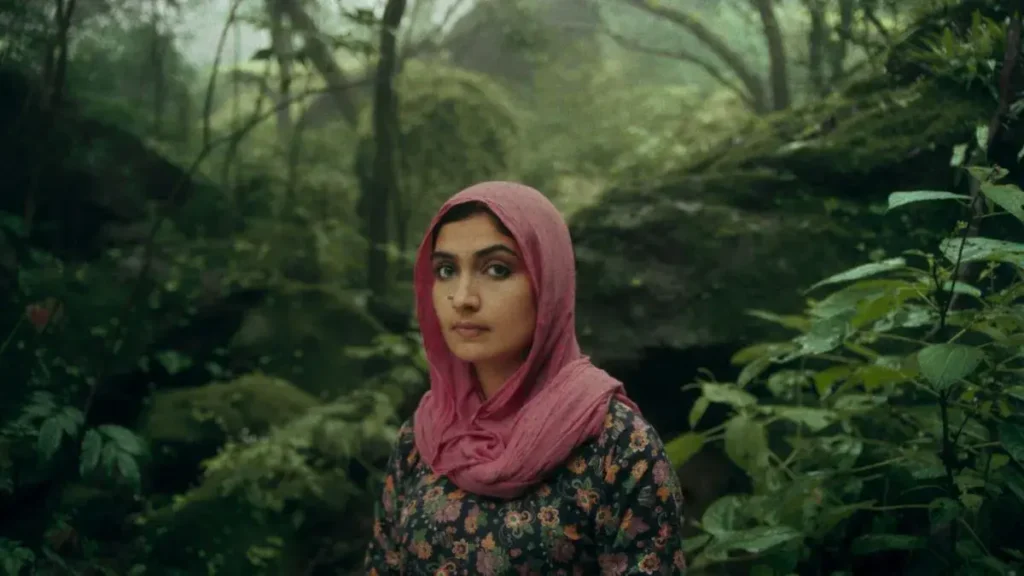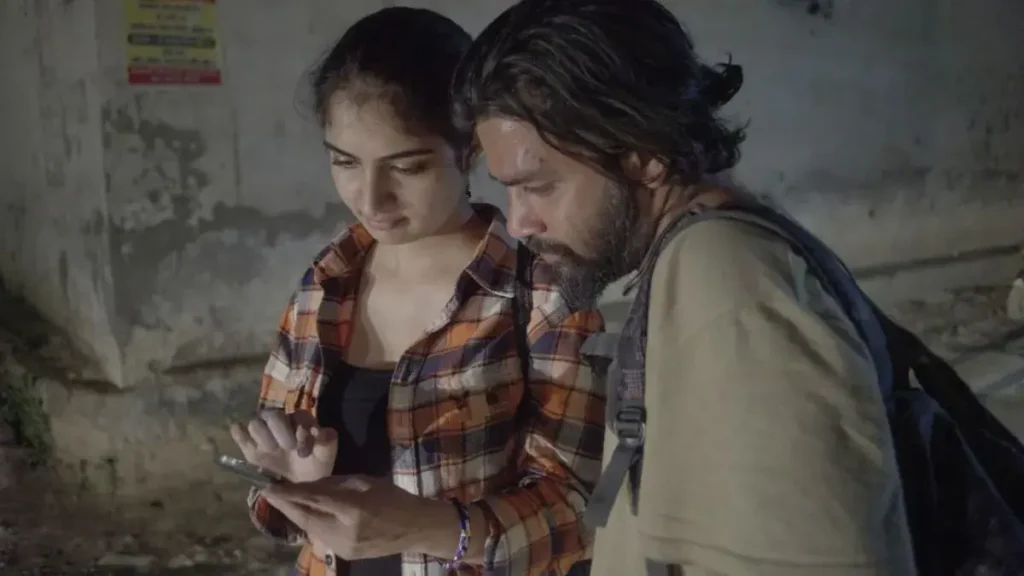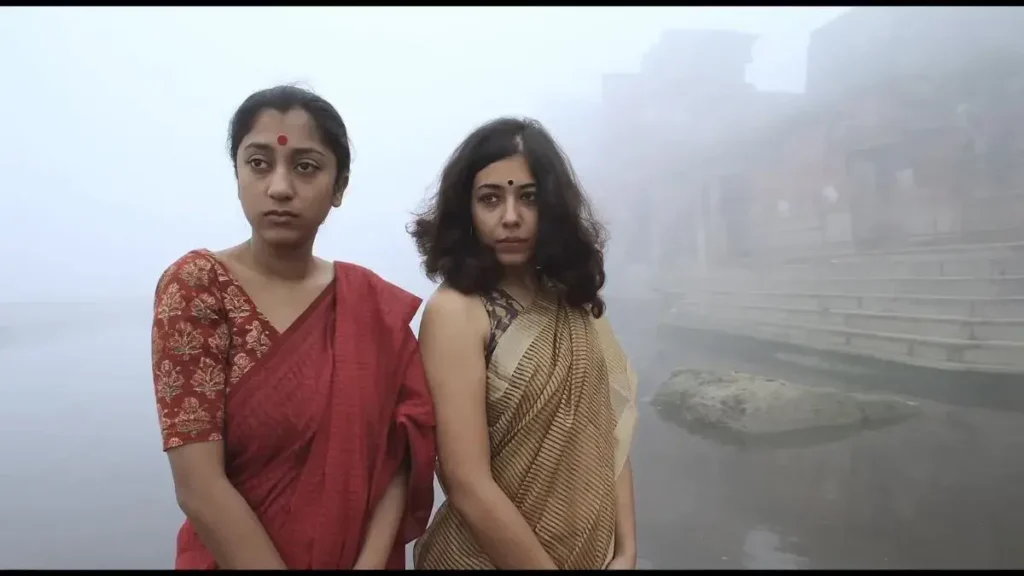5 Indian Movies that broke Agra Movie Record
From its diversity to the compelling storytelling prowess that is such a delight to watch, Indian cinema has always been regarded highly. Recently, a whole new bunch of films started to come, and they broke the stereotype and gripped audiences across different regions of land. With their emotive depth in Four Years Later or the feminist tones of The Shepherdess and the Seven Songs, these sets of films broke new benchmarks as our movie-watching tendencies transformed by leaps and bounds. In this article, we present to you 5 of the most iconic Indian films that broke box office records in Agra, highlighting the fact that a strong story can achieve success even outside of metro cities.
Four Years Later

Plot: Four years later, the film follows two lovebirds, faced with different life choices, reuniting. Nostalgia, regrets, and the shadows of ‘what-ifs’ writhe through every page as they reconnect. The narrative explores the passage of time and how it informs who you are, as well as whether love ever snuffs out through separation (or whether, if rekindled later in life, can withstand age). In a narrative that effortlessly shifts back and forth between the past and present, long ago and July of last year, it tells a heartbreaking tale of love.
The Shepherdess and Seven Songs

Plot: This film is a magical mix of folklore and feminism inspired by the Rajasthani folk tale. It tells the tale of a beautiful shepherdess named Laila, who uses her intellect and practicality in order to escape from what is expected of her as a woman and through the path lined with powerful men and villagers. The movie is split between seven chapters, each introduced by a song that accompanies Laila through to her freedom and self-discovery. This is amplified by illustrious cinematography and storytelling almost like poetry, making this a jewel of independent cinema.
Mehsampur

Plot: In this execution, the life is styled as a mockumentary, where fact and fantasy blend. The film traces the life of a documentary filmmaker whose efforts to re-enact the 1980s story of popular Punjabi singer Chamkila, who was gunned down, get chaotic. The film has a chaotic, always-buzzing-in-the-air energy that matches Punjab’s music scene while its story is whispered live as it almost seems to be just discovered. Indie film buffs were seduced by the unconventional narrative and grittiness, particularly in culturally rich cities like Agra.
Dispassionate Love

Plot: Based on a modern-day tale of love, this romantic drama presents the challenges of a contemporary relationship, in which feelings like love and detachment coalesce amidst the realities around us. In the complexities of Toronto love, the film’s main character wrestles with passion and apathy like any natural human would. The film, with its minimalist storytelling and an emphasis on character development rather than plot, moves in the style of indie or arthouse cinema, finding success through stronger box office receipts thus far in niche markets.
Margarita with a Straw

Plot: A touching story about disability, sex, and embracing yourself. It is the story of Laila, a 20-something with cerebral palsy who relocates to New York City for college and accompanies her on a quest to understand herself. A short anecdote describing the confusion she was going through regarding her identity, her budding bisexuality, and her relationship with her mother. And Laila, played by Kalki Koechlin, soon gained widespread acclaim as a voice previously unheard in Indian cinema. Its Hamshakal comic moments and exciting drama proved such a strong combination that viewers in Tier II towns like Agra had plenty of tears to shed watching the film’s emotional highs.




